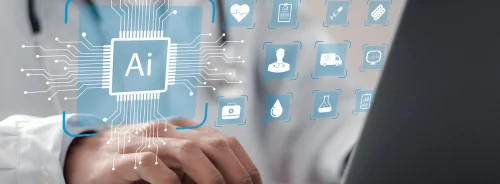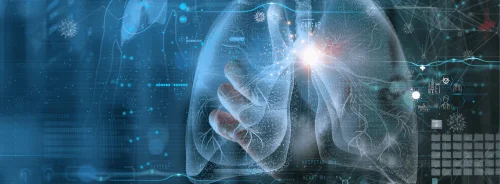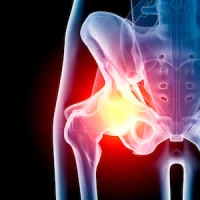A number of research studies have reported that artificial intelligence (AI)-based techniques are able to diagnose breast cancer, lung cancer, and brain cancer faster and with greater accuracy than human clinicians.
Most recently, as described in a Nature report, a new AI algorithm outperformed radiologists in detecting breast cancer based on mammogram data from the UK and the U.S.
You might also like: AI Breast Cancer Diagnosis Matches Two Doctors
This promising deep learning model is notable in that large data sets were used for the training and validation of the AI algorithm. With such "breakthrough" algorithms being published one after another, the logical question seems to be: Will AI be making cancer diagnosis in the near future?
"Unfortunately, the short answer is no," points out an Editorial published by The Lancet Digital Health, which notes the numerous important limitations that are common to many AI studies including:
Clinical application: Like new drugs or medical devices, AI algorithms must show positive results in clinical trials before they are used in a real-world setting. However, data gathered by The Lancet Digital Health show that less than 0•1% (14 of 20,000) AI studies were of sufficient methodological quality for clinical implementation.
Generalisable results: The performance AI algorithms is very much dependent on the population used in the training sets. Thus, for AI systems to be widely implemented, the use of diverse population data is an important consideration. In the Nature study, for example, the ill-defined population means there is no certainty that the results are broadly applicable.
Some recent AI studies in cancer diagnosis, according to the Editorial, have involved proprietary algorithms belonging to large companies, such as Google Health. Hence, these algorithms are not publicly or commercially available, posing a challenge in the field of AI research.
"This is a major limitation in developing the next generation of AI health products, as it reduces the possibility that others can reproduce, validate, and build on the results, or monitor how algorithms are updated, although some have expressed concern that AI research may be too dangerous to share," says the Editorial.
With emerging AI algorithms and tools, the Editorial highlights the need for healthcare workers to have the necessary education to understand the strengths and weaknesses of the technology. Such knowledge will also help medical professionals to properly evaluate AI's benefits in terms of clinical outcomes.
"With comprehensive education for our healthcare workforce and openness to AI research in medicine, AI should make an impact sooner than we think," the Editorial concludes.
Source: The Lancet Digital Health
Image credit: iStock










